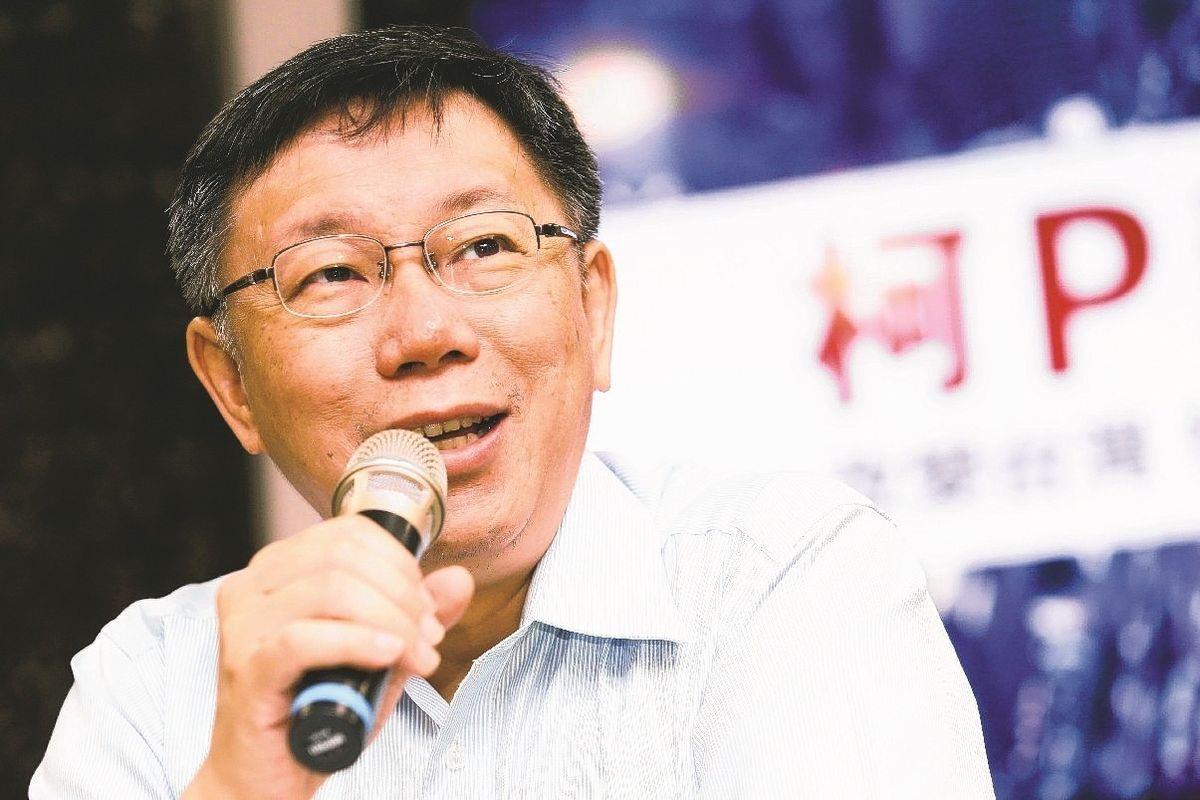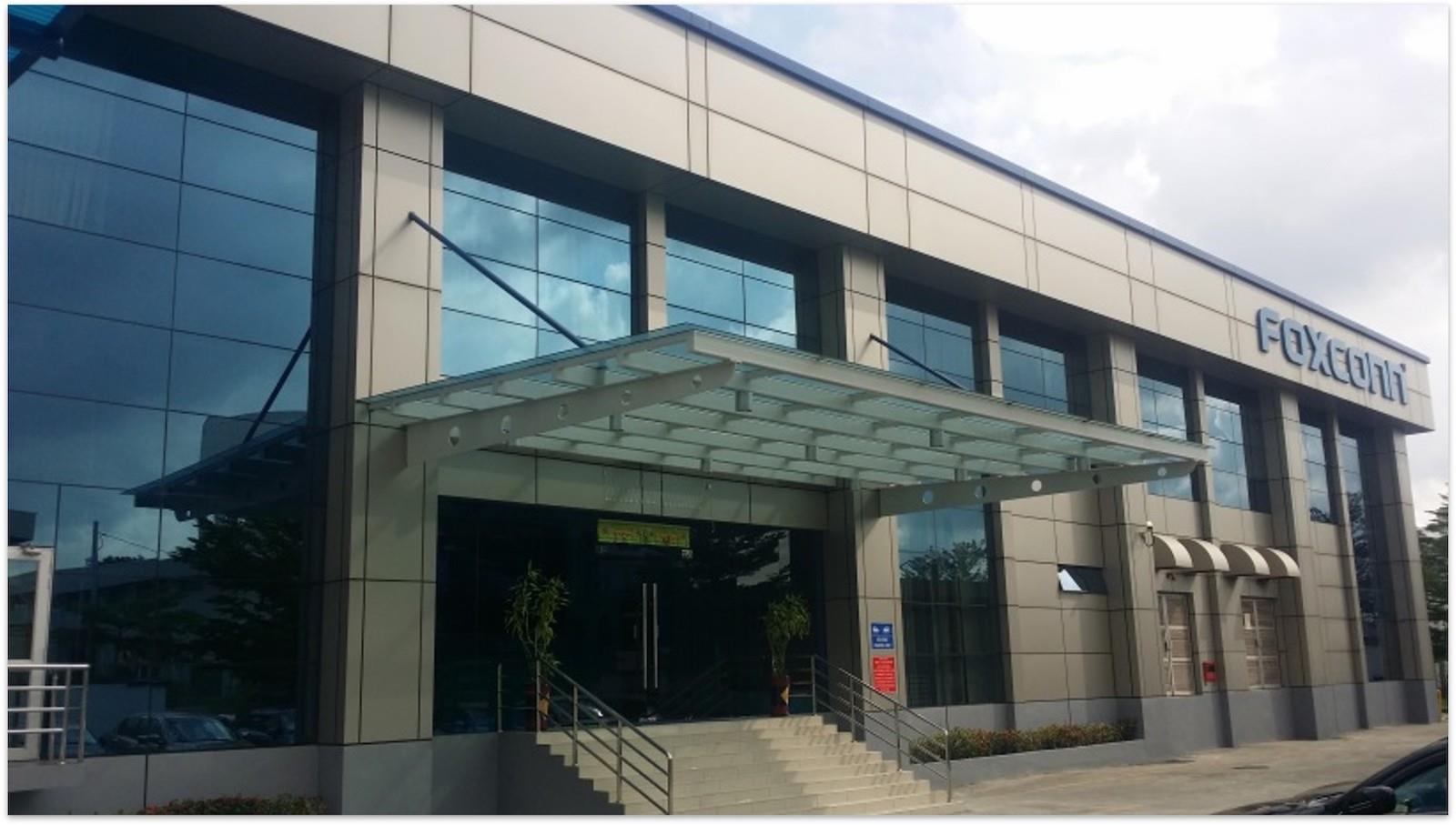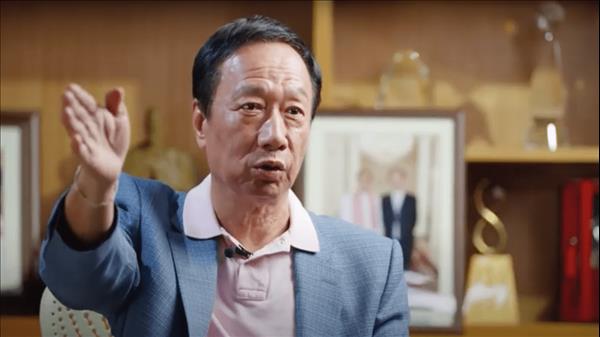(MENAFN- Asia Times) With his sudden departure on March 27 on a 12-day trip to the United States, Foxconn founder Terry Guo has sent his own signal that Taiwan's 2024 presidential election campaign is underway.
At a time when fresh controversy has arisen over the meaning of the“one China” principle, Guo's every word is bound to be scrutinized for hints on how he would adjust his Taiwan political ambitions and his mainland business interests.
The entrepreneur who established the world's biggest iPhone maker is only the fourth most popular candidate at this early stage of the campaign, but commentators say his political moves will have a big impact on the election results.
Announcing his trip plans on March 27, Guo, 72, the richest person in Taiwan, said he will meet important people in Washington and give speeches and talks at several US universities.
He said he will help promote US-Taiwan strategic partnership and strengthen technological cooperation between the island and the world. And he said he is worried by global economic turmoil, changes in technological developments and rising uncertainty in the world situation.
“Guo's US trip is a part of his presidential election campaign,” says Taiwanese political commentator Lee Cheng-hao.“Guo wants to tell his supporters that he is capable of connecting with elites in the US industrial and academic communities.” Lee says Guo will likely enjoy more support from highly-educated voters after the trip.
China's Phoenix Television says in an article on Tuesday that Guo wants to use the trip to boost his popularity in order to rejoin Kuomintang and participate in the party's primary elections.
Another candidate, Ko Wen-je, chairman of the Taiwan People's Party and former Taipei mayor, is quoted as saying he does not think that Guo can steal the show with his US trip. Ko is planning a US visit next month and predicts he will enjoy a lot more of the media spotlight than Guo.

Former Taipei Mayor Ko Wen-je. Photo: Wikipedia
Guo is not the only politician who's traveling. On Monday, former Taiwanese President Ma Ying-jeou, a Kuomintang heavyweight, began a visit to China. When he arrived in Shanghai, he was received by Chen Yuanfeng, deputy director of the Chinese State Council's Taiwan Affairs Office. There has not been any arrangement for him to meet with any higher-ranking mainland officials, according to reports.
Ma said he hopes his China visit will help ease political tensions in the Taiwan Strait. Some Kuomintang members hope that Ma can meet top Chinese leaders while others want Ma to keep his distance from the Communist Party.
What does 'one China' mean?
The cross-straits situation has been complicated further after Taiwanese media reported on Monday that Kuomintang has recently discussed adopting a harder political stance against Beijing by officially declaring that the“one China” principle, stated in the 1992 Consensus, should refer to“the Republic of China” (ROC).
Kuomintang's Chu said the party has never had such a discussion.
In a meeting in then-British-run Hong Kong in November 1992, semi-official representatives of the People's Republic of China (PRC) and the ROC reached the so-called 1992 consensus , which created a diplomatic basis for semi-official cross-strait exchanges between mainland China and Taiwan.
From Beijing's perspective, the 1992 Consensus means that the Taiwan side agrees with the“one China” principle and“one China” refers to the PRC. Kuomintang has said it only agrees with“one China with different interpretations.” For many years, Ma has said“one China” means the ROC.
In 2019, Guo said the 1992 Consensus is valid only if“one China with different interpretations” refers to two Chinas – the PRC and the ROC. For the last three decades, Beijing has called“two-China” supporters“separatists.”
Some Chinese commentators have recently criticized Guo – not for his political views or his US trip but for his decision to relocate Foxconn's production lines from China to India and Vietnam.
“We all know that the rise of Foxconn is due to the growing population in China,” a Hubei-based columnist writes .“Now Guo is turning his back on China by building new factories in India and Vietnam.”

Foxconn Technology Malaysia. Photo: Wikimedia Commons
He says Guo will soon regret moving out of China, a place where he made his fortune, as Chinese manufacturers such as BYD and Luxshare Precision are catching up and will get more Apple orders.
Guo, the polls & the parties
Last month, Guo said he regretted that he had quit Kuomintang in 2019 after losing its primary nomination for the 2020 presidential elections and would like to rejoin the party if possible.
So far, Kuomintang has shown a cold shoulder to Guo, as the businessman is less popular than Hou inside the party. It means Guo will probably have to collaborate with Ko Wen-je in the end.
Guo took off for the US amid interesting polling results. According to a poll conducted by the Broadcasting Corporation of China and Gallup, if Guo rejoined Kuomintang he would get the support of 19.7% of voters in the party – enough to beat party Chairman Eric Chu Li-lun (8.1%), but still lag behind New Taipei City mayor Hou You-yi (33.5%).
The undecided vote at this point remains substantial.
In case Guo collaborates on a presidential-vice presidential ticket with Ko, the latest poll results indicate they could achieve popularity of 23.59% – not enough to beat the Democratic Progressive Party (DPP)'s Lai Ching-te and Cheng Li-chun with 36.5%. In that scenario, Kuomintang's Hou and Chu would garner 18.23%, the same poll shows.
While teaming up with Guo might produce a winning ticket depending on changes in the electorate's view between now and the election, the consensus appears to be that if Ko and Guo do not form a team and each of them has about 10%, they will face defeat. Whether they quit or not at that point, their supporters are likely to turn to Kuomintang.
Chang Yu-Hua, a Taiwanese political commentator, writes in an article that a collaboration between Guo and Ko (23.59%) would be a disaster for Kuomintang's Hou and Chu (18.23%) as both teams would, individually, lose to the DPP's Lai and Cheng (36.5%).
“Ko has said he will walk his own way,” Chang says .“As there is no way for the blue [Kuomintang] and white [Taiwan People's Party] camps to cooperate, Kuomintang must try every means to get in good with Ko and avoid the Guo-Ko collaboration.”
However, Chang says, Ko would be willing to cooperate with Hou only if the latter is much more popular. He says, therefore, it is urgent for Hou to boost his popularity and widen his advantage over Ko now.
read: kmt ex-taiwan president's mainland visit means what?
Follow Jeff Pao on Twitter at
@jeffpao3
Like this:Like Loading...






















Comments
No comment